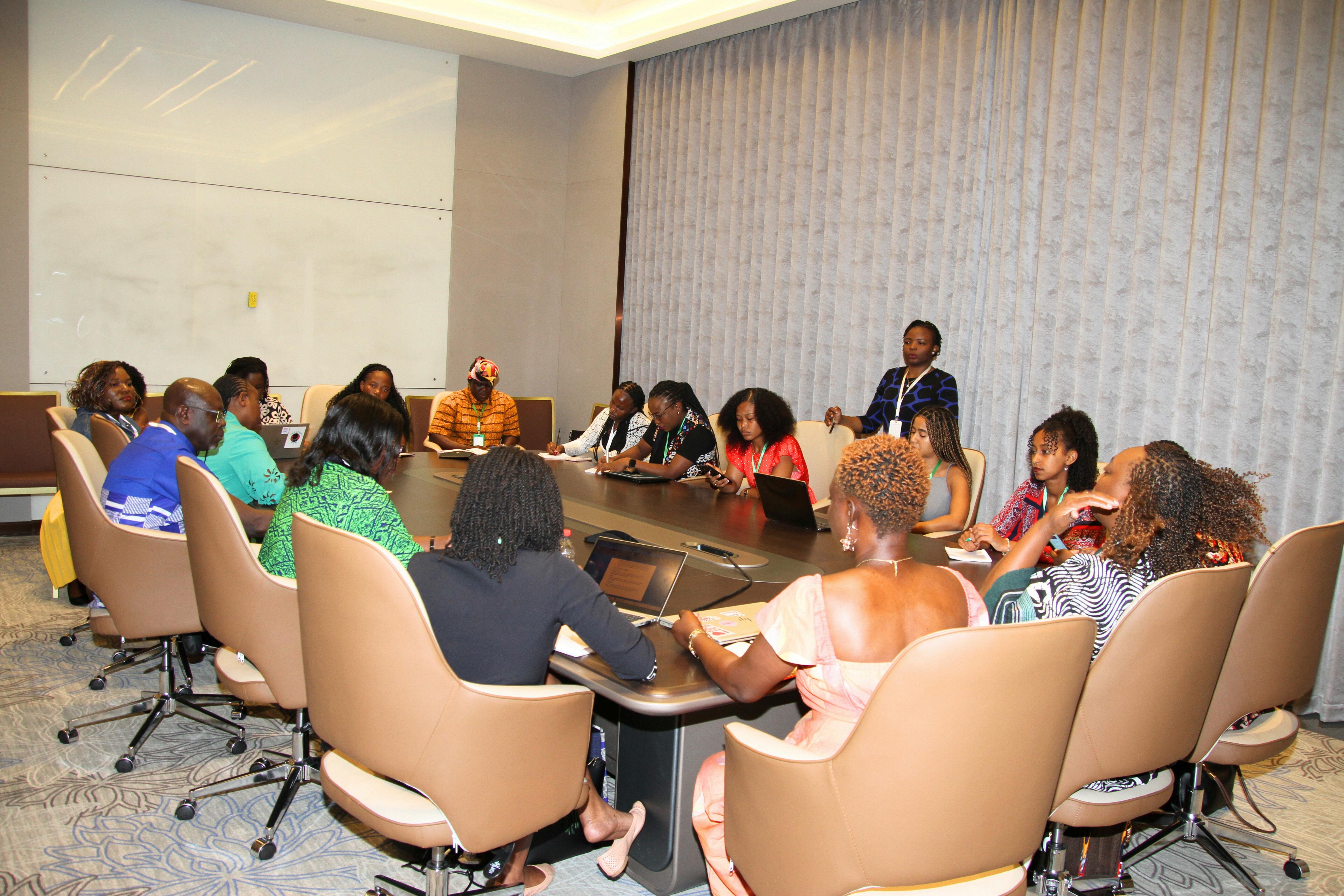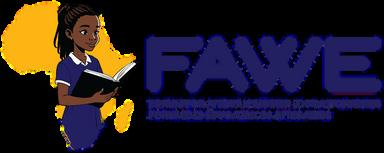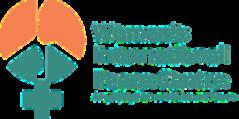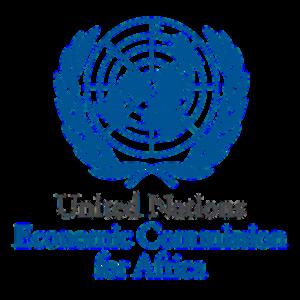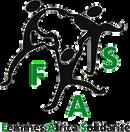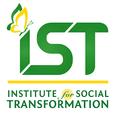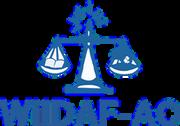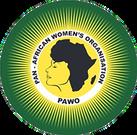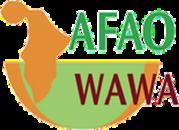Preamble
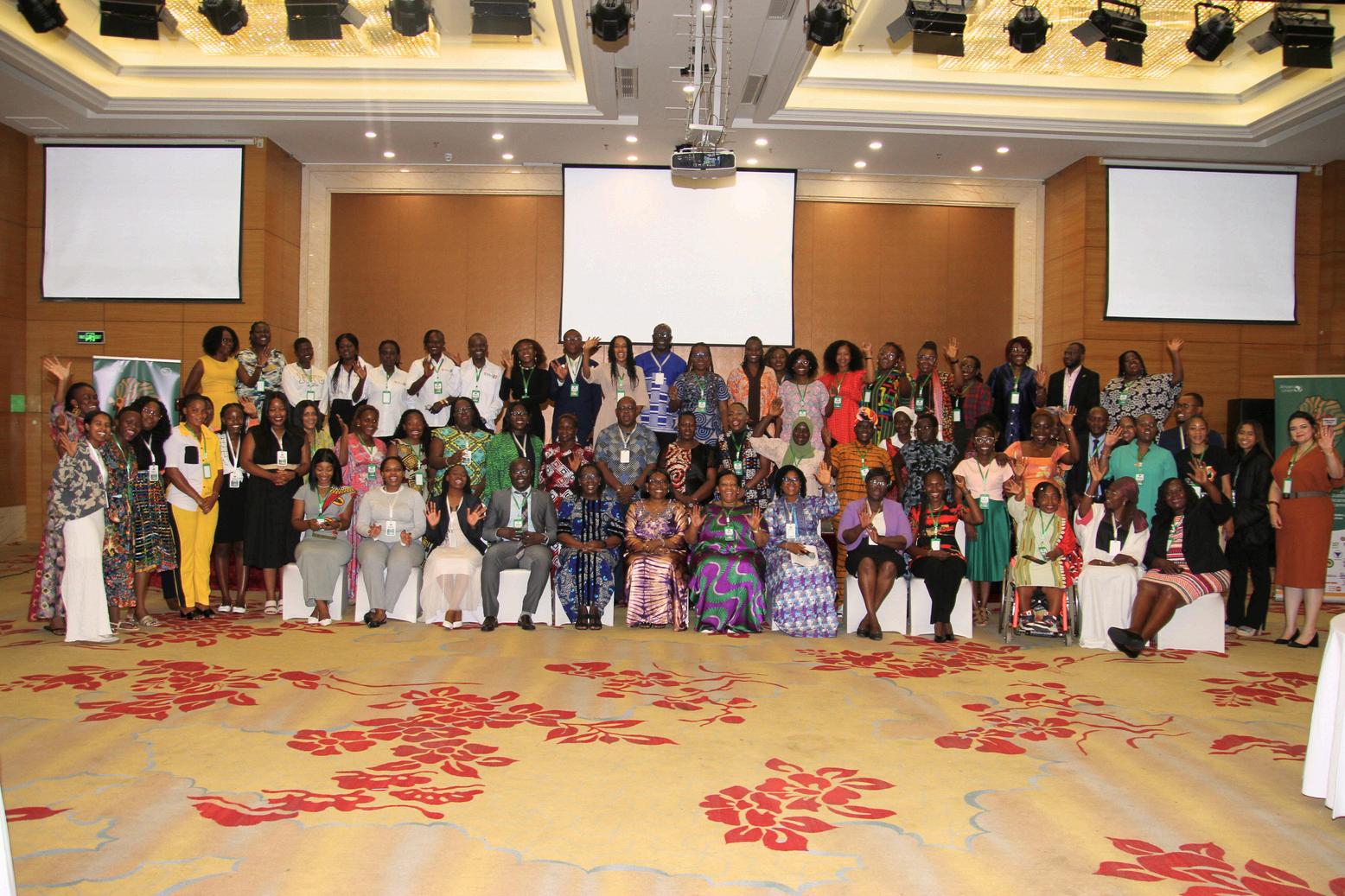
We, the participants of the 7th Gender is My Agenda Campaign (GIMAC) coordination meeting with the Regional Economic Communities (RECs) and the 14th GIMAC Young Women Advocacy Training, held in Malabo, Equatorial Guinea, from 7th to 9th July 2025, on the margins of the 7th Mid-Year Coordination Meeting of the African Union and the Regional Economic Communities (RECs), convened under the theme: "Transforming Policy into Action: Advancing Gender JusticeandReparationsforAfricanswithRegionalEconomicCommittees",andin alignmentwiththeAUThemeoftheYear2025:"JusticeforAfricansandPeopleof AfricanDescentThroughReparations":
WECOMMENDtheHeadsofStateandGovernmentandtheChairpersonofAfrican Union,forprioritisingthecallforreparationsforcolonialism,slavery,andsystemic racialinjustices
WE RECOGNIZE the efforts made by the African Union particularly the Women, Gender and Youth Directorate (WGYD) in advancing "Justice for Africans and People of African Descent Through Reparations": and deliberately supporting gender-responsivereparativejusticeefforts.
WE APPLAUD the African Commission on Human and Peoples' Rights, particularly the Special Rapporteur on the Rights of Women in Africa, for its continued efforts in advancing reparative justice and for its persistent monitoring of state complianceandaccountability.
WERECOGNIZEtheeffortsofAUMemberStates,thecircleofchampionsaswellas the Office of the Special Envoy on Women, Peace and Security (OSE-WPS) in advancing national initiatives that align with the Convention on ending violence against women and girls (CEVAWG) and other reparative frameworks as part of theircommitmenttotransformativejustice.
WE RECOGNIZE and deeply appreciate the Democratic Republic of Congo (DRC)inestablishinganationalfundforthereparationsofvictimsofsexual violence, empowerment and community recovery created as part of the transitional justice system geared towards the promotion of a more equitableandinclusivesociety.
WE COMMEND Regional Economic Communities (RECs) including the Arab MaghrebUnion(UMA), theCommonMarketfor EasternandSouthernAfrica (COMESA), the Community of Sahel–Saharan States (CEN–SAD), the East African Community (EAC), the Economic Community of Central African States(ECCAS),theEconomicCommunityofWestAfricanStates(ECOWAS), the Intergovernmental Authority on Development (IGAD), and the Southern African Development Community (SADC) for commencing regional consultationsonreparations,landjustice,andeconomicredistribution.
RECALLINGthe1993AbujaProclamation,the2001DurbanDeclarationand Programme of Action, and the 2021 Accra Declaration on Reparations, which all affirm the moral and legal imperative for reparations and redress.
United Nations General Assembly Resolution 68/237, proclaiming the International Decade for People of African Descent (2015–2024 and 2025-2035),anditspillarsofrecognition,justice,anddevelopment.
The UN Basic Principles and Guidelines on the Right to a Remedy and ReparationforVictimsofGrossViolationsofInternationalHumanRights Law
TheprogressthathasbeenmadeintheimplementationoftheSolemn Declaration on Gender Equality in Africa (SDGEA) since its adoption in 2004(SDGEA).
TheAUTransitionalJusticePolicy(AUTJP),whichpromotestruth,justice, andreparationsaspillarsofpost-conflictrecovery.
Agenda 2063, particularly Aspiration 6, for a people-driven Africa groundedinthefullempowermentofwomenandyouth.
We NOTE the continued gendered impacts of colonial and neo-colonial extractive systems, illicit financial flows, and unjust debt arrangements that limit the sovereigntyanddevelopmentofAfricannations.
ACKNOWLEDGE WITH URGENCY less than 15 AU Member States have signed the AU ConventiononEndingViolenceAgainstWomenandGirls(CEVAWG),preventingits entryintoforce.
CALL ON the AU and its Member States to adopt a common African position on reparationsthatisinclusiveofwomen’shistoricalandcontemporarydemands.
CONSIDERING that reparations must be comprehensive and gendertransformative,encompassingtruth-telling,restitution,compensation,guarantees ofnon-repetition,andhealing
EMPHASIZING reparative justice must address land and climate justice, economic restructuring, health and education sovereignty, and positive masculinity frameworks.
FURTHER EMPHASISING the centrality of community-led monitoring, youth accountability,andsurvivor-centeredreparationsfunds.
ToensurereparationsandjusticeforAfricanwomen,girls,andpeopleofAfrican descent,wecallontheAfricanUnionanditsMemberStatesto:
1- Establish gender responsive reparations funds and a youth and women Advisory group on reparations that recognise collective and intergenerational harm.
2-AccelerateratificationandimplementationoftheAUConventiononEnding Violence Against Women and Girls (CEVAWG) by mobilizing political will, domesticresourcesandmulti-stakeholdercoordinationthatincludesREC-led continental campaign and strengthened CSO engagement in monitoring and contributingtotheprocess.
3- Take a common position on reparations that will redress the injustice against women and ensure that the dividend of reparations is channelled towards economic empowerment of women, taking into consideration the effects of climate, land justice and upholding of the gender parity principle of theAfricanUnionindecisionmakingprocesses.
4- Prioritize skills development through investments in gender-responsive Technical and Vocational Education and Training (TVET) and alternative educationpathwaysthatequipyoungwomenandgirlswith21st-centuryskills, aswellasSTEM,forsustainablelivelihoods.
ORGANISERS



